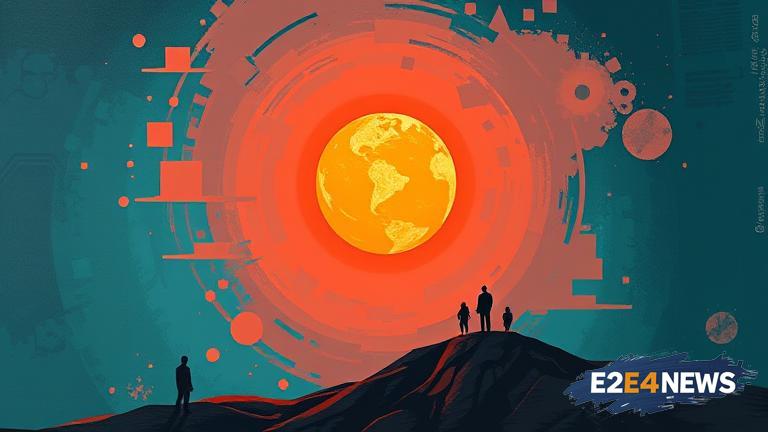The integration of Artificial Intelligence (AI) in Human Resources (HR) is revolutionizing the way companies in Africa approach talent management, recruitment, and employee engagement. As AI technology continues to advance, HR professionals must develop new skills to remain relevant in the industry. The AI revolution in HR is not just about automating routine tasks, but also about leveraging data analytics to make informed decisions. In Africa, where the job market is becoming increasingly competitive, HR professionals must stay ahead of the curve to attract and retain top talent. One of the key challenges facing HR professionals in Africa is the lack of awareness about the potential of AI in HR. Many companies are still using traditional methods for recruitment, talent management, and employee engagement, which can be time-consuming and inefficient. However, with the advent of AI, HR professionals can now use data analytics to identify top performers, predict employee turnover, and develop personalized training programs. Moreover, AI-powered chatbots can help automate routine tasks such as responding to employee queries, processing payroll, and managing benefits. To stay ahead of the AI curve, HR professionals in Africa must develop skills in data analysis, machine learning, and digital transformation. They must also be able to communicate effectively with stakeholders, including employees, management, and IT teams. Furthermore, HR professionals must be aware of the ethical implications of using AI in HR, such as bias in recruitment algorithms and data privacy concerns. In addition, they must be able to develop strategies to mitigate the risks associated with AI, such as job displacement and cybersecurity threats. Despite the challenges, the AI revolution in HR also presents opportunities for HR professionals in Africa to innovate and improve the way they work. For example, AI can help HR professionals identify skills gaps and develop training programs to upskill employees. AI can also help HR professionals develop more effective recruitment strategies, such as using predictive analytics to identify top candidates. Moreover, AI can help HR professionals improve employee engagement, such as using sentiment analysis to monitor employee satisfaction. To take advantage of these opportunities, HR professionals in Africa must be willing to learn and adapt to new technologies. They must also be able to collaborate with other departments, such as IT and finance, to develop integrated solutions. In conclusion, the AI revolution in HR is transforming the way companies in Africa approach talent management, recruitment, and employee engagement. HR professionals must develop new skills, such as data analysis and machine learning, to stay ahead of the curve. They must also be aware of the ethical implications of using AI in HR and develop strategies to mitigate the risks associated with AI. By embracing the AI revolution, HR professionals in Africa can innovate and improve the way they work, and help their companies stay competitive in the global market. The future of HR in Africa is exciting and full of possibilities, and HR professionals who are willing to learn and adapt will be well-positioned to succeed. As the AI revolution continues to gather pace, HR professionals in Africa must be prepared to navigate the challenges and opportunities that come with it. With the right skills, knowledge, and mindset, HR professionals can harness the power of AI to drive business success and improve the lives of employees. The AI revolution in HR is not just about technology, but also about people, and HR professionals must be able to balance the needs of both to create a successful and sustainable organization. In the end, the AI revolution in HR is a call to action for HR professionals in Africa to innovate, adapt, and thrive in a rapidly changing world.
